SYNAPSES Evaluated Resources
On this page you can find all resources that have been identified and evaluated by the SYNAPSES consortium. Are you looking for resources specifically for you? Use the filtering system on the left.
For a description of the Aims and Learning Outomes (LO) refer to this page.
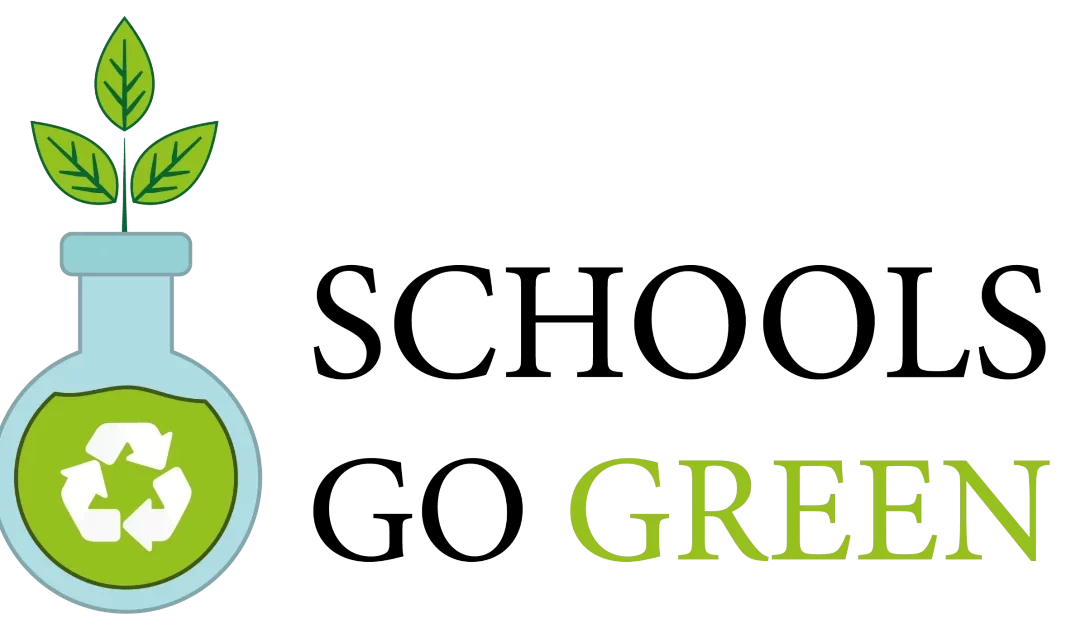
Schools go Green
This educational material consists of a multimedia Eco-Glossary based on small stories accompanied by a set of e-learning materials using audio-visual tools, like presentations for students, teacher handbooks and lesson plans. The learning material follows the whole school approach as it involves teachers, teacher educators, school leaders and researchers.
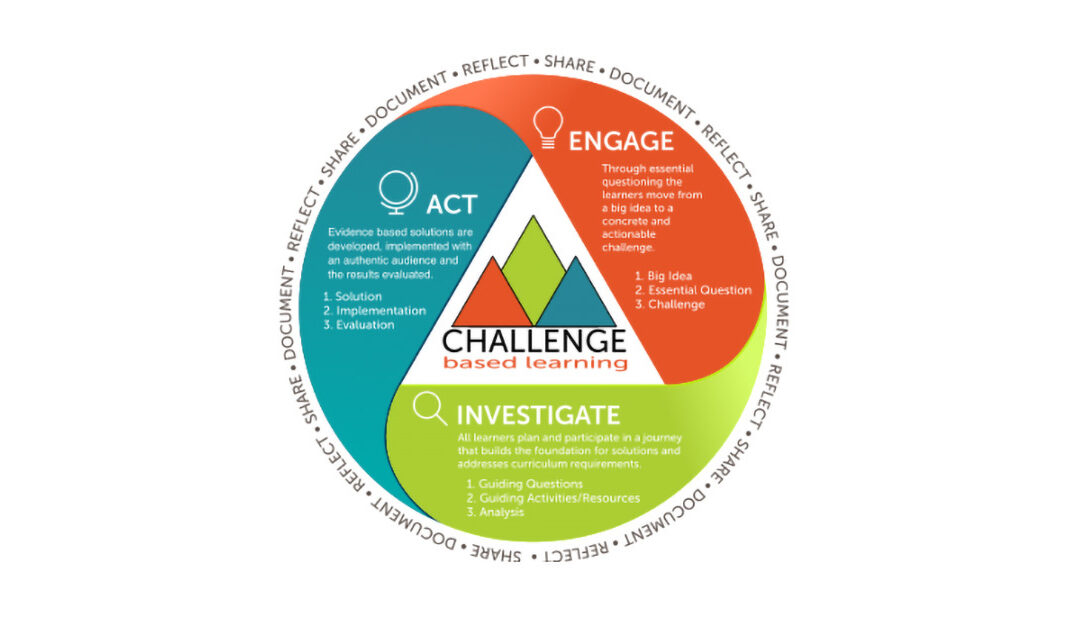
Challenge Based Learning Guide and Toolkit
This Guide to Challenge Based Learning and online toolkit are designed to introduce educators to this student-centred approach to learning in a real world, interdisciplinary way.
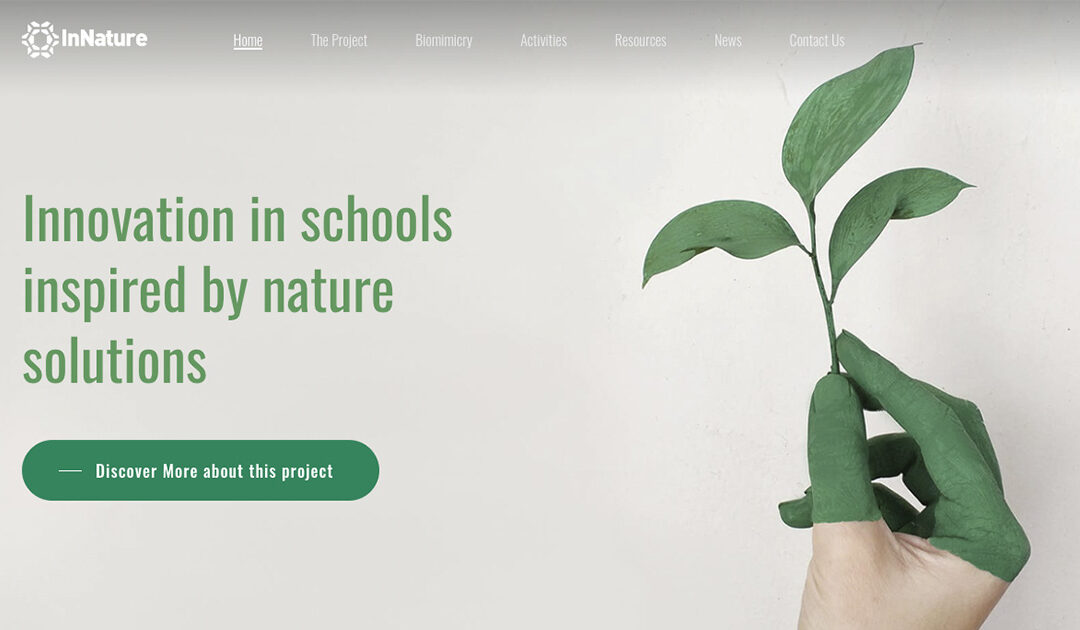
InNature
The InNature Project promotes biomimicry awareness and skills in schools, offering two toolboxes: the “Biomimicry Challenge” with lesson plans, and “Biomimicry 3.8” for workshops. Resources include teacher training, a toolkit, good practices catalog, and a 3-day “InNature Fair.” Materials are accessible online in multiple languages.
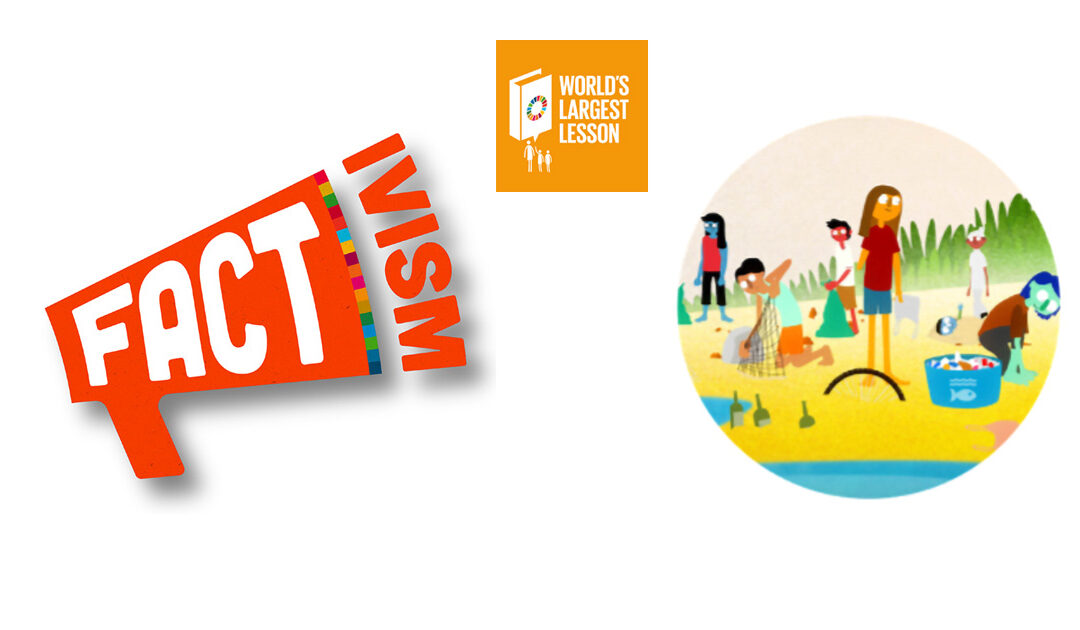
Fact-ivism and Community Action Planning
Students learn about data and pick a data point that inspires them to take action for the UN SDGs.The resource sets out to use the Global Goals as a catalyst for students in identifying a local community issue that they want to help solve, and create an action plan to get started.
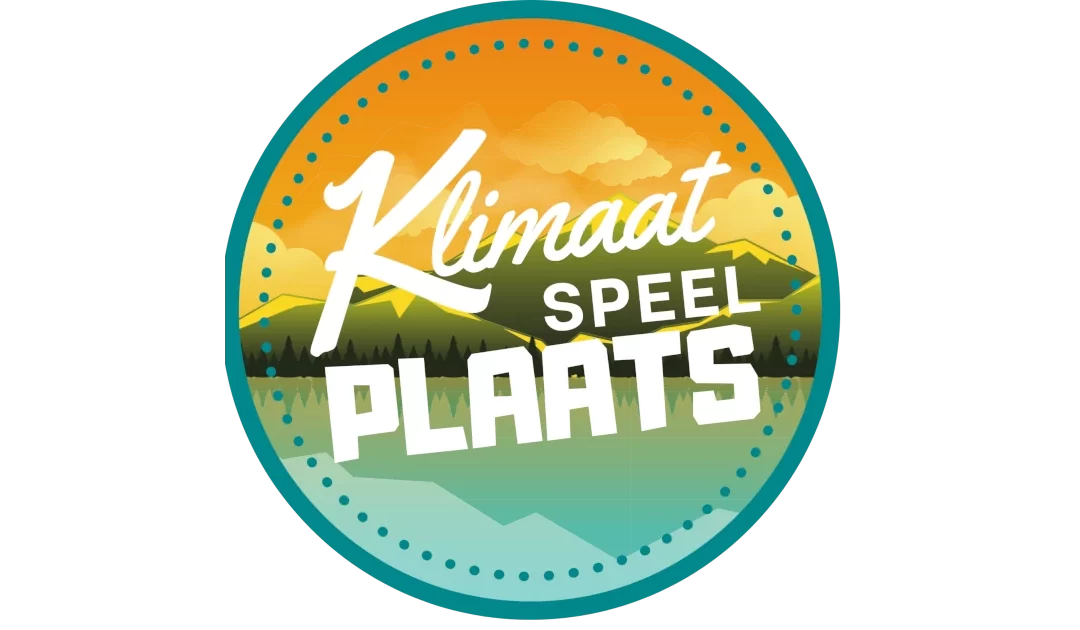
Climate Playground
Climate playground is an Erasmus+ project executed by the Sint-Paulus school and partners in Belgium. The school transformed from a tiled, grey playground with little greenery into a ‘climate-adaptive’ school ground. On the website, they showcase what they have done and give practical tips for how others can implement this.
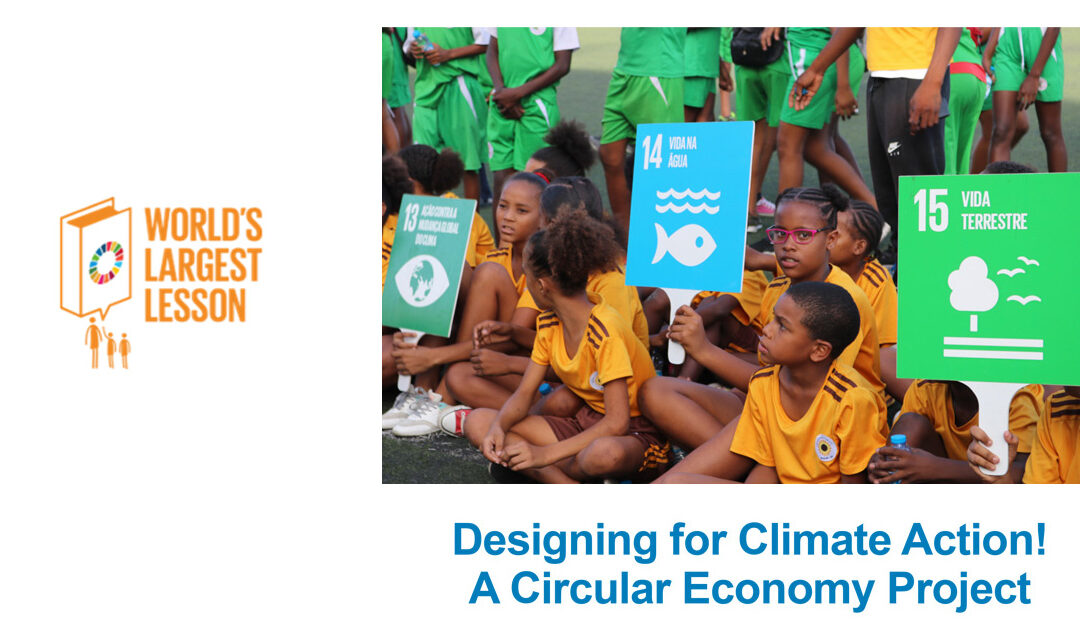
Designing for Climate Action! A circular economy project
Designing for Climate Action is a Circular Economy Project resource that provides activities with resources and teacher slides to deliver a Design Thinking Project.
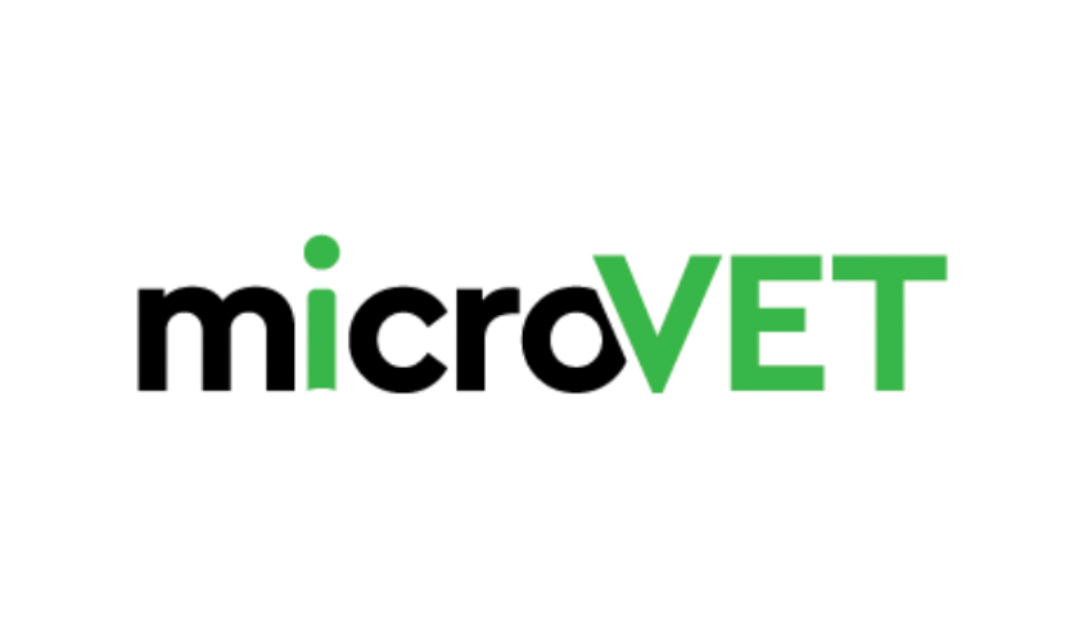
Inclusive science education and art
This resource links to a micro-credential course on inclusive science education and art through the Open-Ended scenario Framework.
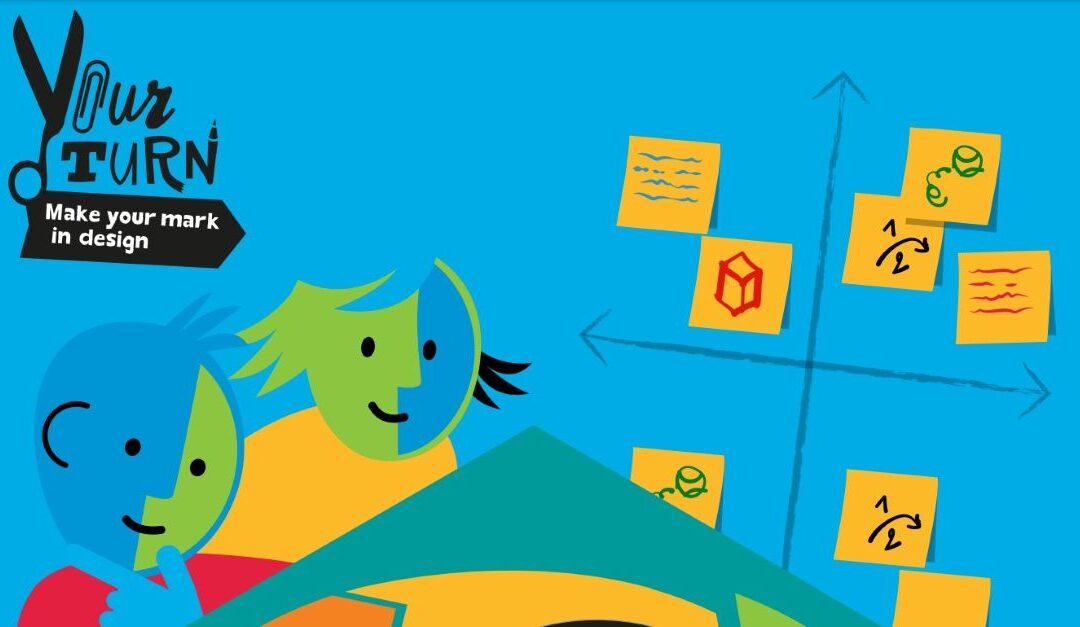
Your Turn for the Teacher – Guide Book
The Your Turn guidebook is a step-by-step instruction for teachers (in training) to create and implement their own design projects for upper primary and lower secondary education.
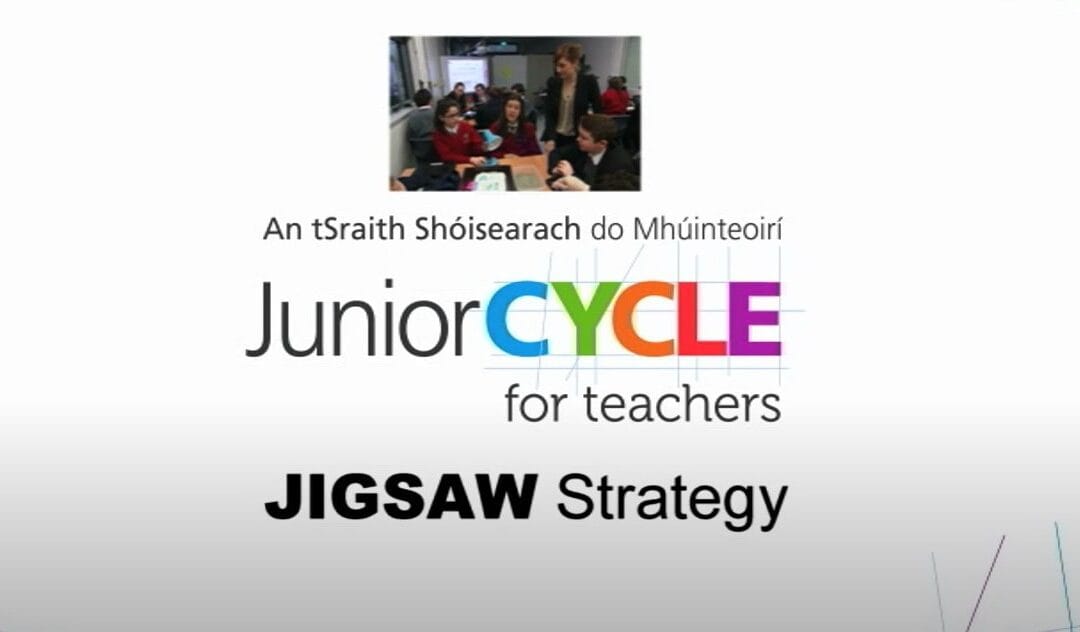
Active Classroom Strategies
The Active Classroom Strategies presented by the Junior Cycle for Teachers service in Ireland are student-centred active teaching methodologies designed to support the development of key skills and competencies in students such as ‘Managing Information & Thinking’ and ‘Working with Others’.
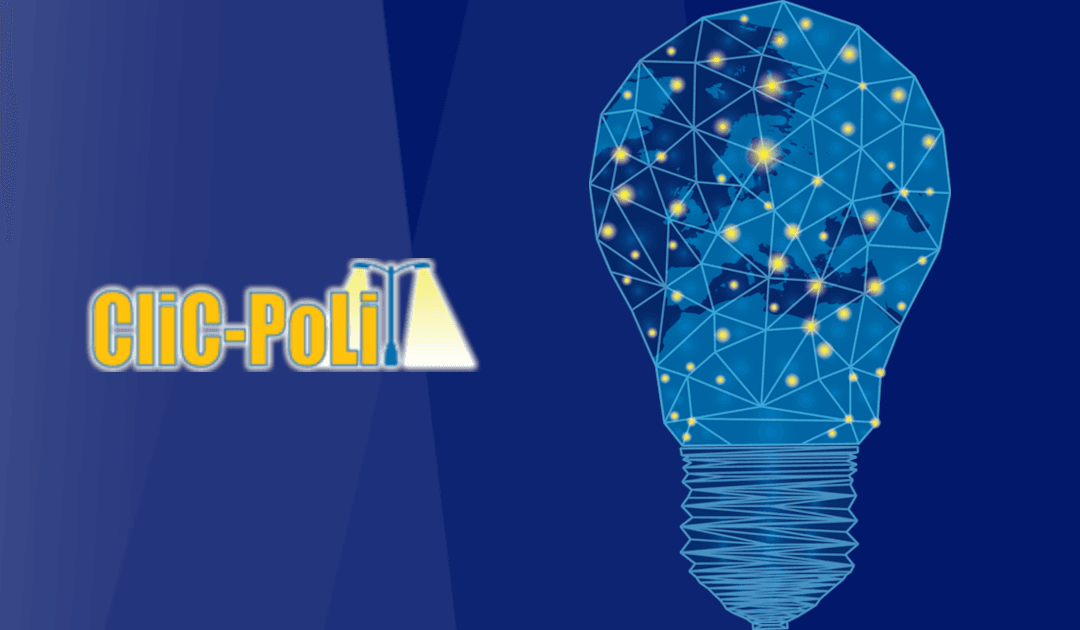
Climate Action and Light Pollution Threat (CliC-PoLiT)
The Climate Action and Light Pollution Threat (CliC-PoLiT) project tackles climate change, urban sustainability, and light pollution through interdisciplinary approaches. It empowers students to address real-world environmental issues, fostering problem-solving, communication, and collaboration skills. Students share their findings with communities, enhancing societal awareness and engagement.
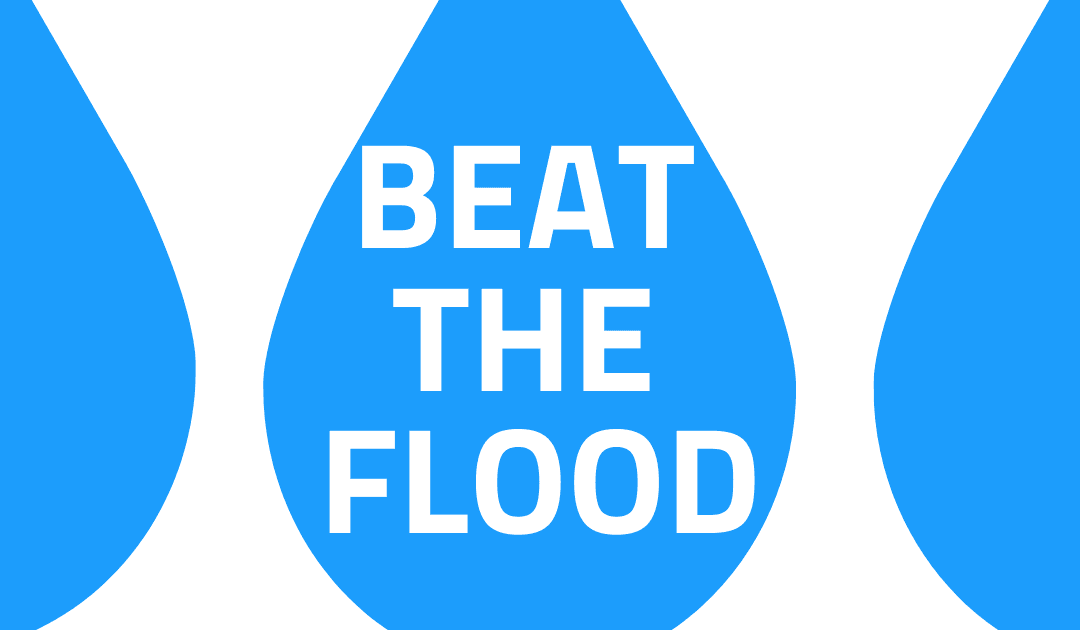
Beat the Flood
This hands-on STEM project challenges students to design and build model flood-resistant homes while exploring the science behind climate change, sustainable engineering, and disaster resilience. Through teamwork and problem-solving, students develop critical thinking and creativity in addressing real-world environmental challenges.
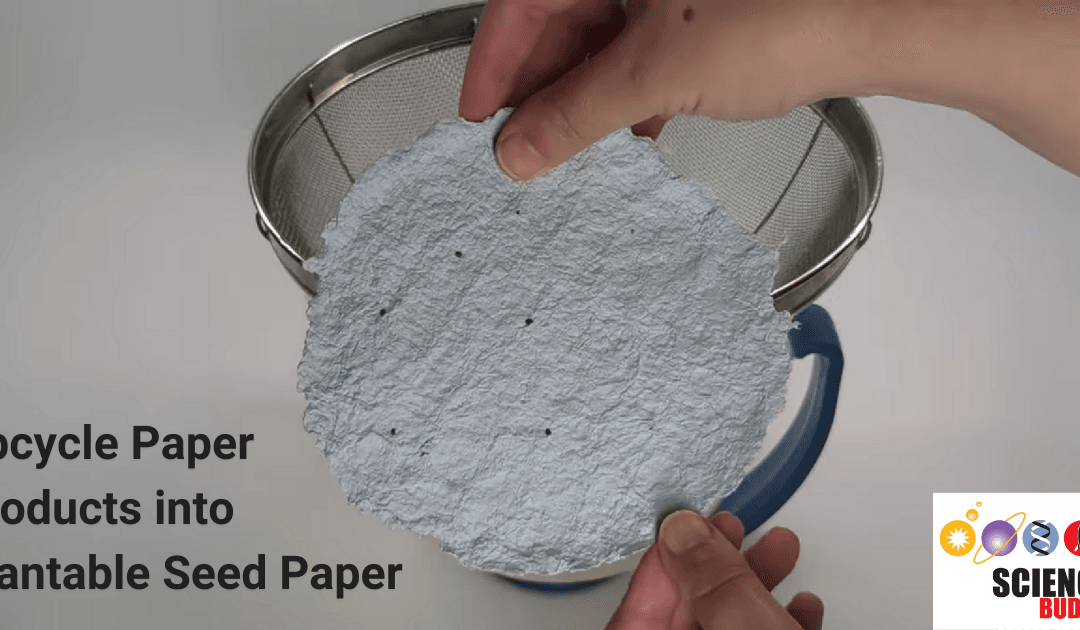
Upcycling Paper Products into Plantable Seed Paper
This activity guides students in creating eco-friendly, plantable seed paper from recycled materials. By embedding seeds into handmade paper, students learn about sustainability, recycling, plant biology, and the effects of different fertilizers. The hands-on experiment promotes environmental awareness and creative upcycling in the classroom.
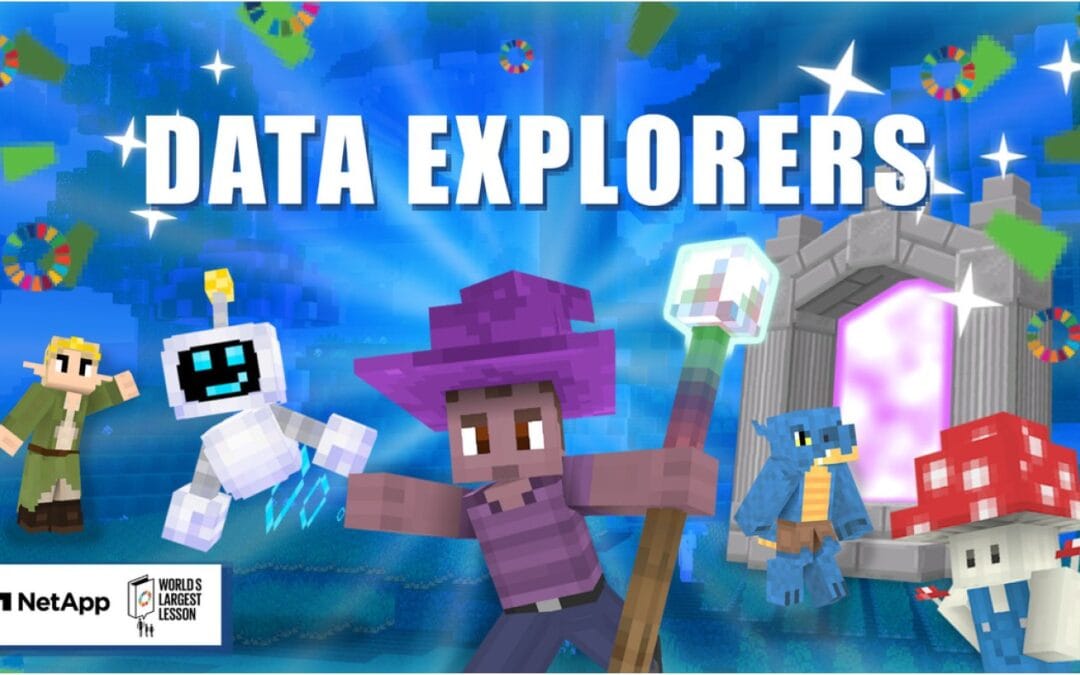
Data Explorers: Minecraft Education
Data Explorers is an action-packed learning experience on Minecraft Education, using data skills to protect our planet. Created by World’s Largest Lesson in collaboration with NetApp, the online game lets students use their skills to travel through portals, battle minions, and restore vital knowledge to protect Planet Earth.
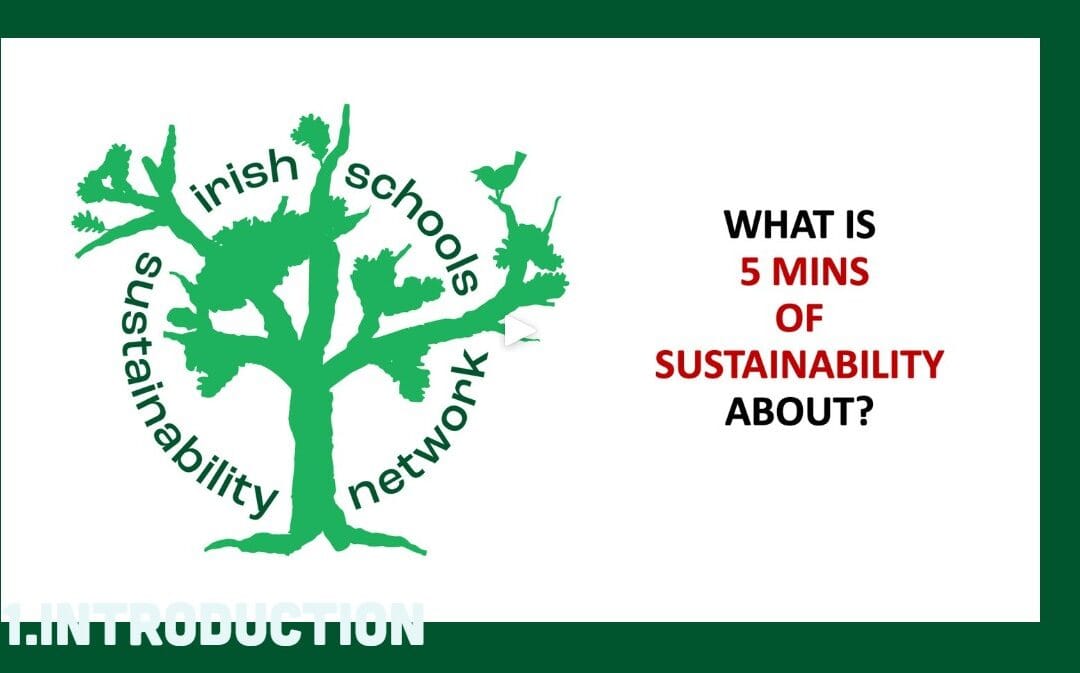
5 Minute Sustainability
This series of impactful student-led videos can stimulate interesting discussions, create awareness and empower schools to tackle the climate and nature emergency. Each video is on a new topic and highlights feasible, actionable steps to combat climate change, manage energy, reduce waste and improve biodiversity in your schools.
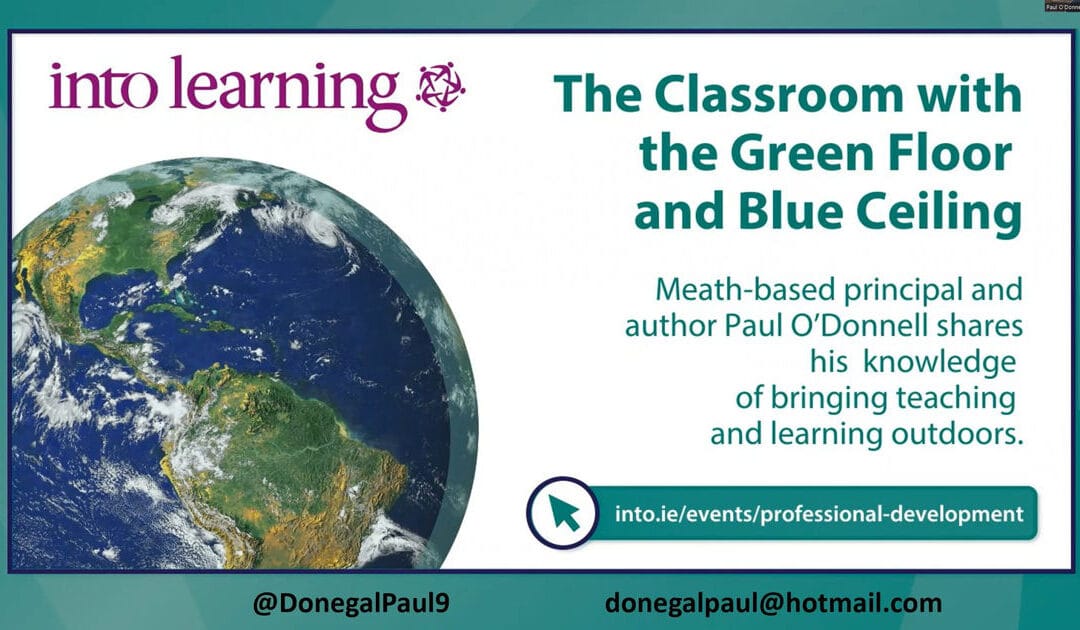
The Classroom with the Green Floor and the Blue Ceiling
This recorded webinar from the Irish National Teachers Organisation Learning series provides practical advice to teachers on how to bring teaching and learning outdoors. The webinar is hosted by a primary school Principal, Paul O’Donnel, who shares his passion and experience of teaching in the outdoors.
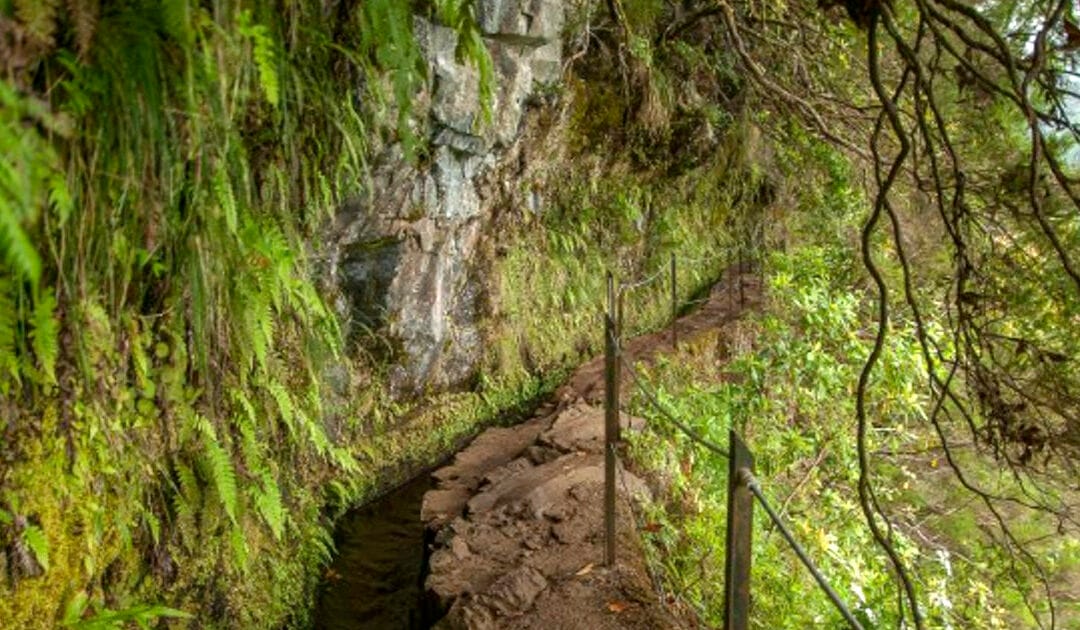
Creating a Science Trail
Science Trails are student-designed paths with stops that raise awareness on community-relevant topics. Teachers guide students in integrating subjects, exploring surroundings, engaging stakeholders, and creating stations that highlight the community’s uniqueness.
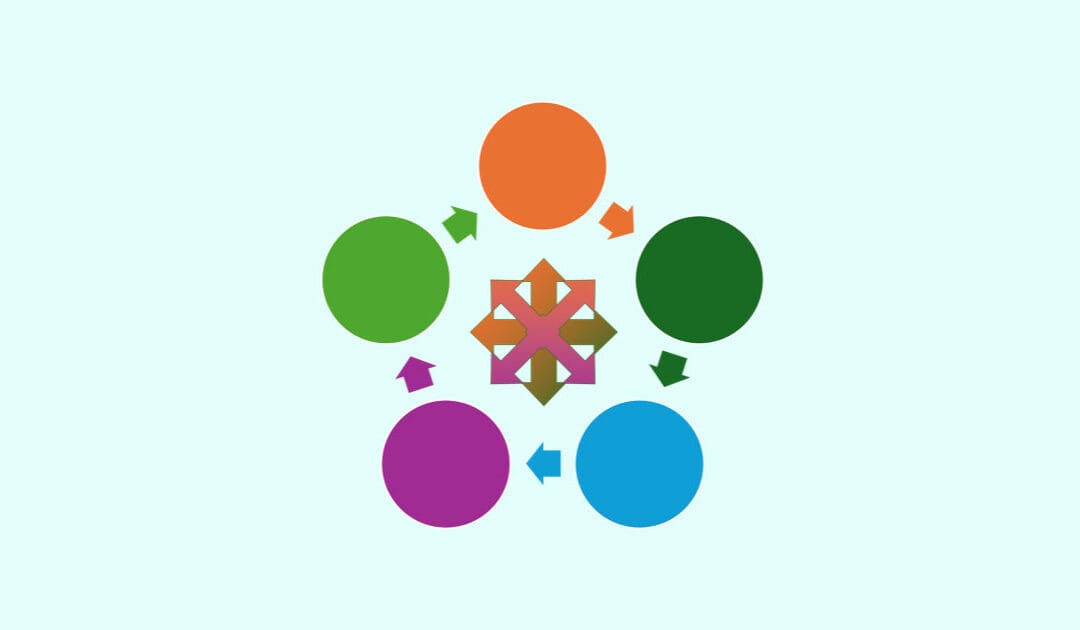
Online self-study courses ESD methods: Station Learning
The document provides a comprehensive guide on Station Learning, outlining its pedagogical background, implementation process, and benefits for education. It explains how teachers can design, prepare, and assess station-based lessons while fostering self-directed, experiential, and competency-based learning. The method promotes engagement, differentiation, and interdisciplinary teaching, making it ideal for modern classrooms.
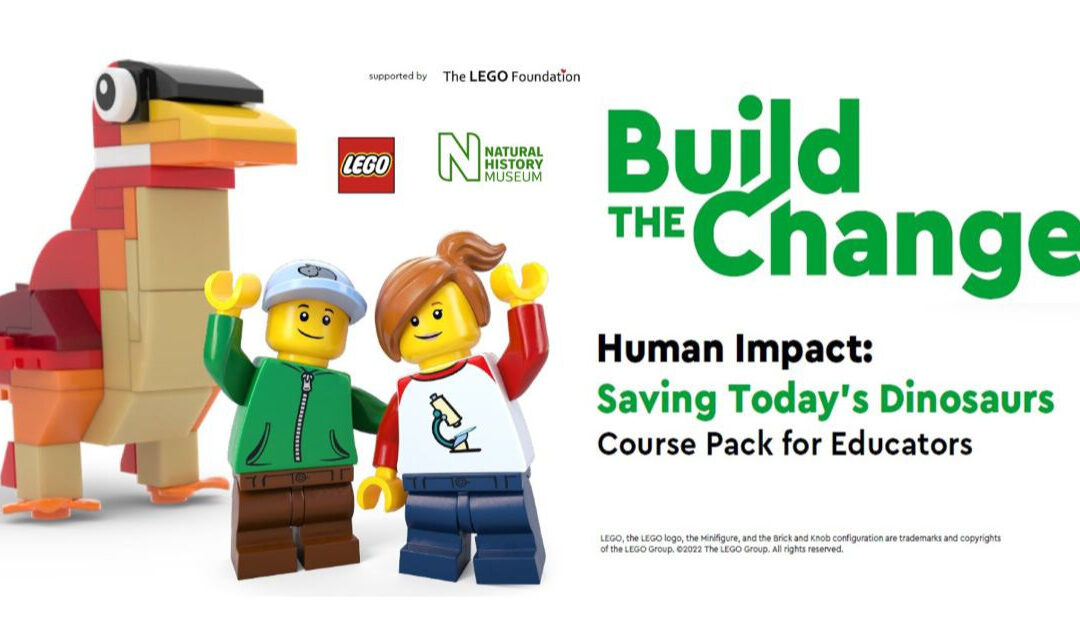
Build the Change: Human Impact
Students will explore how humans impact the planet, using the example of our impact on birds, “today’s dinosaurs.” They will create their own positive impact by devising imaginative solutions to related real-world challenges. This resource was developed by the Lego Foundation and the Natural History Museum London.
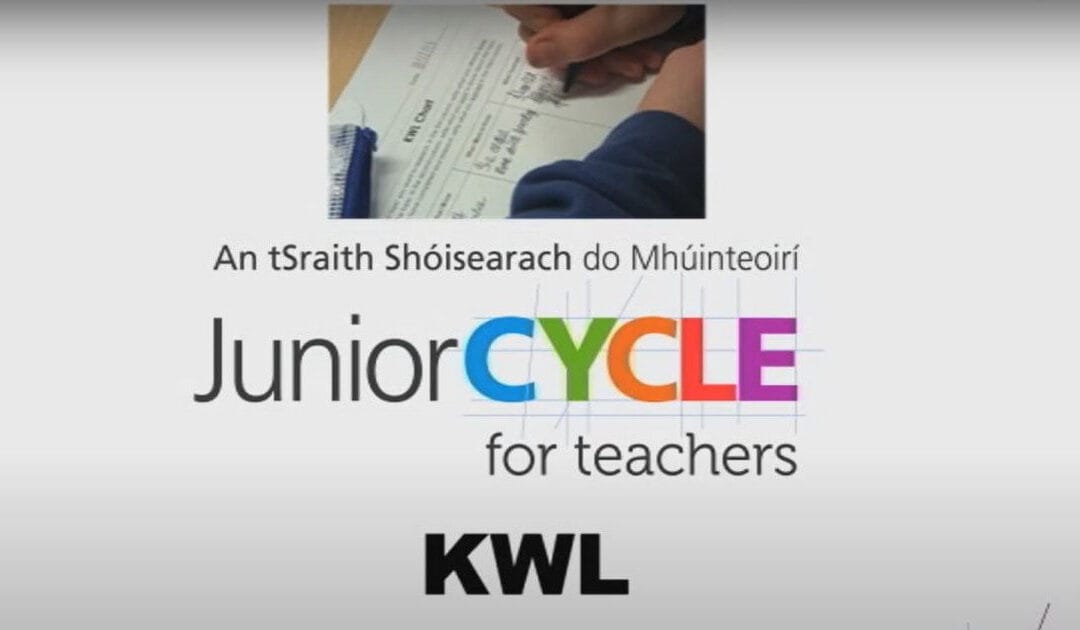
KWL Chart – Active Methodology
This active teaching method allows students to express what they Know (K), Want to Know (W) and what they have Learned (L) from a lesson. By being aware of students’ interests and prior knowledge, the teacher can create projects and assignments that are both challenging and enjoyable for the students.
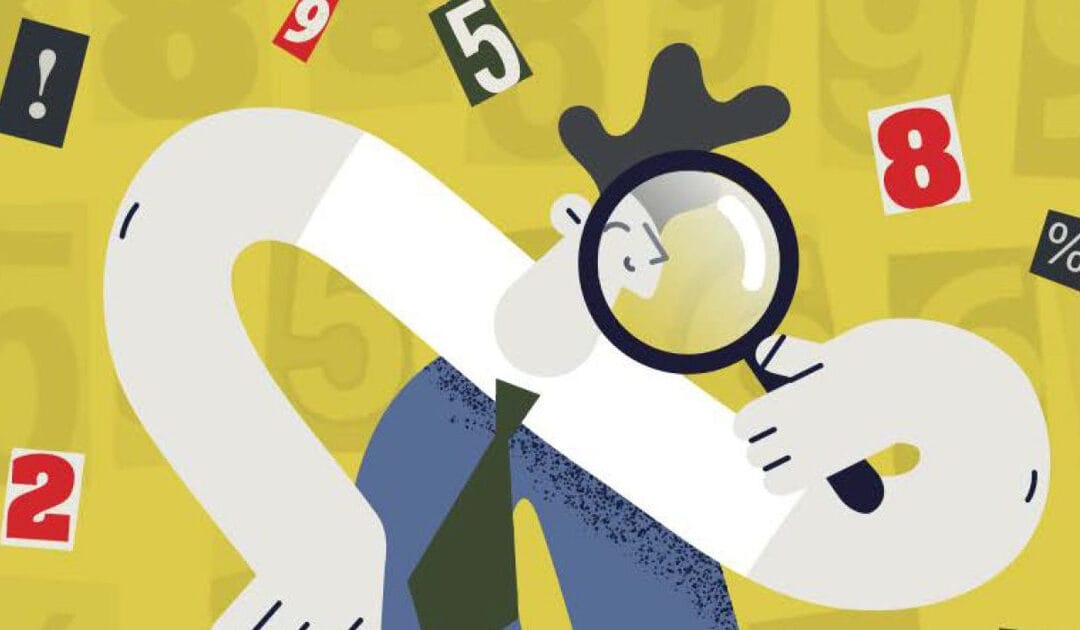
Numeracy in the News
Created with support from data experts at The Economist, the 6-hour scheme of work helps 10-16 year-olds explore examples in the news, hear from data journalists and interrogate the reliability of data across four lively lessons before reflecting on their learning.

